1. Checking Your Phone First Thing in the Morning
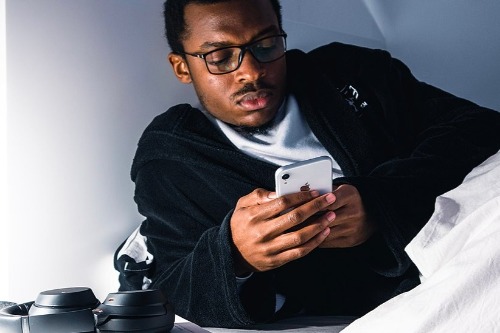
Grabbing your phone the moment you wake up has become almost instinctual for many Americans. This habit reveals how deeply digital life has intertwined with daily routines. Notifications, social media, and news updates dictate the start of the day more than breakfast or coffee. It highlights a culture increasingly reliant on instant information and digital connection.
It also reflects how work and social obligations are never truly “off.” Even before leaving bed, many people are responding to emails, texts, or scrolling through feeds. This behavior suggests that boundaries between personal life and digital life are more blurred than ever. In essence, waking up to your phone signals the modern struggle to balance presence and connectivity.
2. Constant Snacking

Walking through grocery stores or offices, it’s common to see people munching throughout the day. This constant snacking points to a culture of convenience and accessibility, where pre-packaged foods are easier than cooking a meal. It also reflects time pressures and the fragmented schedules of modern life. Eating on the go has become a subtle indicator of how busy and overstimulated many Americans feel.
Moreover, snacking often reveals patterns of emotional eating. People reach for small comforts amid stress or long work hours, which tells us about the role food plays beyond nutrition. It’s a glimpse into how lifestyle choices are shaped by both environment and stress. The habit highlights how American life emphasizes speed, efficiency, and immediate gratification.
3. Using Delivery Services for Everything

Ordering groceries, meals, or even household items online has become second nature. This habit shows how technology has shifted expectations of convenience. Modern Americans often prefer saving time over engaging in traditional errands, reflecting a culture obsessed with efficiency. It also points to the economic ability to outsource daily tasks when possible.
The reliance on delivery services also underscores urban lifestyle patterns. Busy schedules, long commutes, and work demands encourage minimizing trips outside the home. It highlights the intersection of technology, consumerism, and lifestyle prioritization. In short, clicking “order now” says a lot about how people value time over experience.
4. Taking Selfies

The rise of selfies is more than a social media trend—it’s a modern form of self-expression. This habit illustrates the value placed on personal branding and digital identity. Americans often document moments to share approval and validation online, showing a culture that intertwines social interaction with technology. Selfies also reflect a desire to capture life in real time rather than memory alone.
It also speaks to confidence, insecurity, or a mix of both. The habit shows how people navigate identity, perception, and social engagement in public and private spheres. Selfies can reveal generational shifts in communication, where image-based interaction is central. Ultimately, this small gesture mirrors broader cultural norms around self-presentation.
5. Overusing Reusable Cups and Bottles

Carrying a reusable water bottle or coffee cup seems eco-friendly and responsible. This habit reveals the growing environmental awareness in modern American life. People want to feel conscientious and reduce waste, reflecting the cultural influence of sustainability movements. At the same time, it demonstrates how lifestyle choices are often performative or socially encouraged.
The trend also highlights a shift in consumer behavior. Instead of passively buying convenience items, individuals actively choose products aligned with values. It’s a small ritual that speaks volumes about personal priorities. Eco-conscious habits have become a quiet but pervasive signal of identity and awareness.
6. Wearing Headphones Everywhere
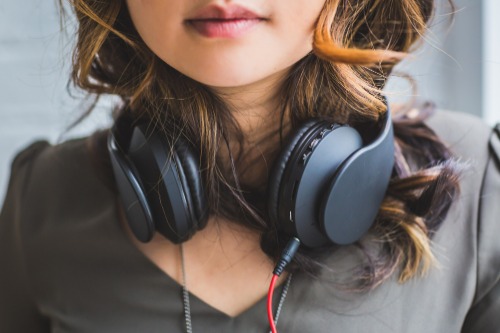
Whether walking, commuting, or shopping, many Americans are rarely without headphones. This habit underscores the desire to curate personal spaces within public environments. Music, podcasts, or audiobooks act as both entertainment and a protective barrier against overstimulation. It reveals the tension between social isolation and engagement in busy modern life.
Headphones also highlight multitasking and productivity culture. People are filling every spare moment with media consumption or learning. It demonstrates a society that maximizes efficiency while attempting to maintain private mental space. The act of wearing headphones is a subtle statement of autonomy and control in a noisy world.
7. Frequent Gym Check-Ins

Posting workouts or visiting the gym regularly is a common sight across social media. This habit reflects the cultural emphasis on health, fitness, and personal improvement. It shows how body image and wellness are central to identity and social perception. Gym attendance is not just about physical health but also about status and self-discipline.
It also highlights the commodification of fitness. Classes, memberships, and supplements show that wellness is intertwined with consumption. Fitness routines become a public declaration of values and lifestyle choices. Essentially, gym check-ins reveal both self-care priorities and social signaling in daily life.
8. Online Price-Comparison Before Any Purchase

Checking multiple websites before buying even a small item is a near-universal habit. This behavior reveals a culture of thriftiness combined with technological savvy. Americans expect to maximize value and make informed decisions quickly. It reflects how shopping has evolved into a strategic, almost game-like process.
This habit also speaks to risk aversion in spending. People weigh options carefully to avoid regret, which shows the pressure of financial responsibility. It demonstrates that convenience doesn’t override the desire for careful choice. Online comparison shopping is a small act that illustrates broader economic mindfulness.
9. Using Voice Assistants for Simple Tasks
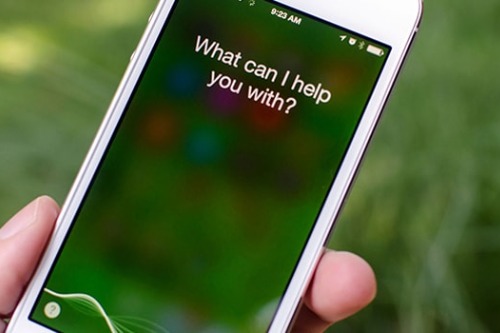
Asking Alexa or Siri for the weather, timers, or reminders is increasingly routine. This habit shows how dependent daily life has become on digital convenience. It reflects a cultural shift toward hands-free, instant solutions and automation. Voice commands also indicate comfort with technology integrated into personal spaces.
This behavior also reveals trust in digital tools. People rely on assistants to manage small details, outsourcing memory and planning functions. It highlights how technology reshapes cognitive habits and personal routines. Asking for help from a device is both practical and emblematic of modern dependence on AI.
10. Streaming Over Traditional TV
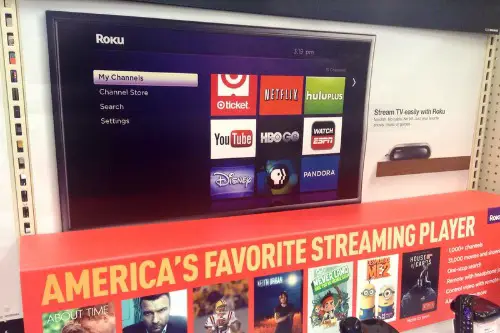
Binge-watching shows or using streaming services instead of cable reflects a shift in media consumption. This habit highlights the desire for control over schedules and content. Americans increasingly value personalization and convenience over traditional programming. It shows how entertainment consumption has become an on-demand experience rather than a shared cultural event.
It also illustrates broader shifts in technology adoption. Streaming platforms offer choice, algorithmic recommendations, and multitasking possibilities. It demonstrates a preference for curated experiences over uniform offerings. This habit signals the fragmentation and personalization of media culture in modern life.
11. Carrying Multiple Credit Cards
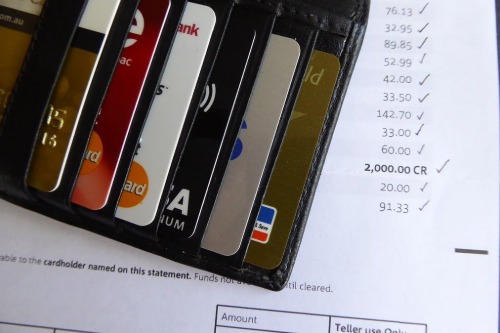
Many people carry several credit cards with different rewards, limits, or benefits. This habit reveals the complexity of modern financial life. Americans navigate credit strategically, balancing spending, rewards, and debt management. It’s a sign of consumer sophistication, but also a reflection of reliance on credit for everyday life.
It also highlights social and economic behaviors. Multiple cards indicate awareness of financial tools and a culture of maximizing benefits. People are navigating a system that encourages both spending and careful planning. Small gestures like carrying extra cards show the intersection of personal finance and modern lifestyle.
12. Checking Reviews Before Visiting Anywhere

Before going to a restaurant, hotel, or service, Americans often consult reviews online. This habit reflects a culture driven by social proof and shared experiences. People want assurance that time and money will be well spent. It also demonstrates the influence of digital communities on daily decisions.
Review-checking is also a safety net for avoiding disappointment. It reflects a risk-averse and highly informed approach to leisure and consumption. This habit emphasizes the reliance on collective knowledge in navigating modern life. It shows how digital trust has become a key component of decision-making.
13. Obsessive Scheduling

Many Americans plan every hour, from work meetings to social activities and personal projects. This habit reflects a culture that prizes productivity and efficiency. Calendars, reminders, and apps structure life to maximize output. It’s an indicator of both ambition and the stress of constant availability.
It also shows the blending of personal and professional spheres. Schedules are tools for managing time in a world where downtime is scarce. Planning meticulously becomes both a coping mechanism and a performance metric. Obsessive scheduling is a small behavior with a big story about control, priorities, and modern expectations.
This post 13 Small Habits That Reveal a Lot About Modern American Life was first published on American Charm.


